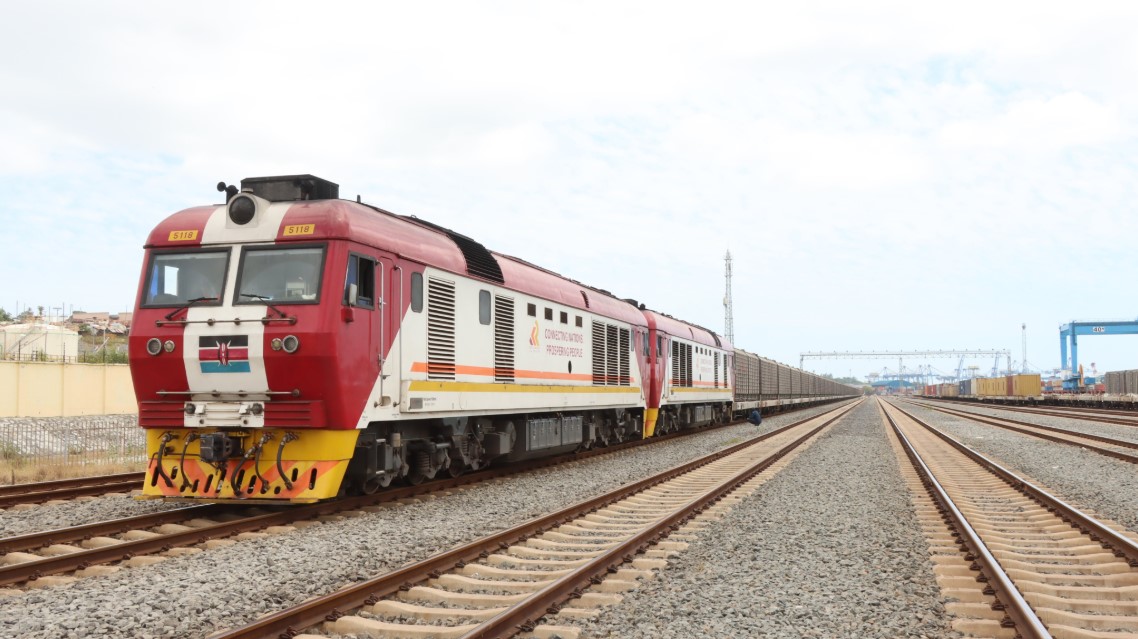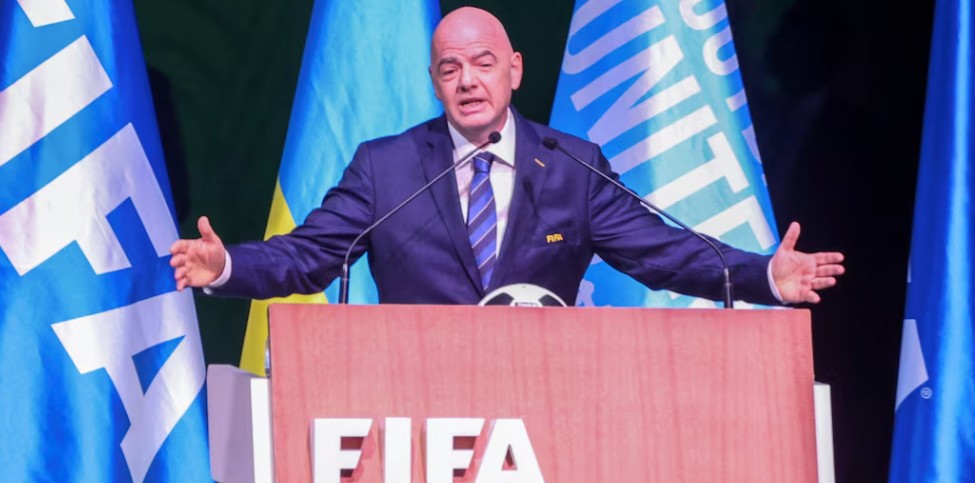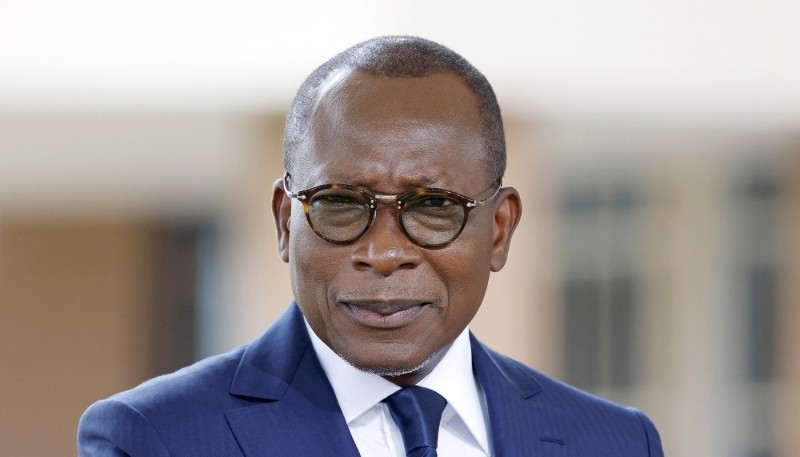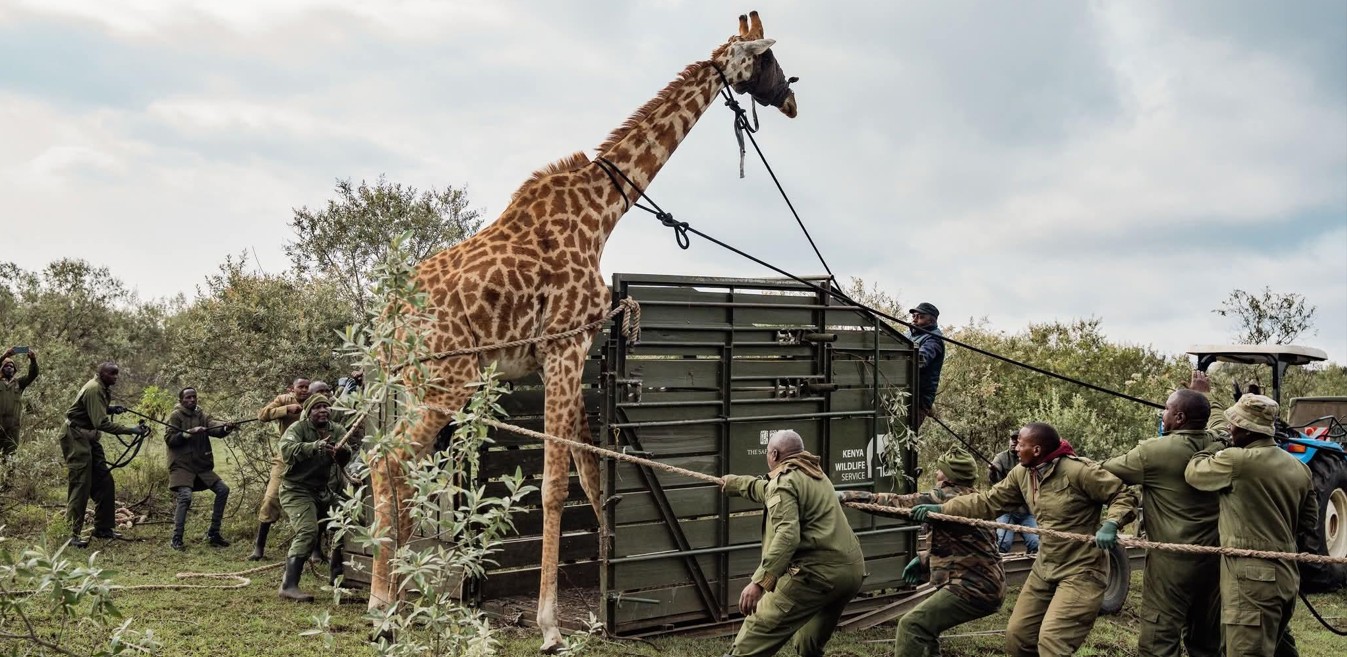Ruto joins African push for UN Security Council reforms at General Assembly
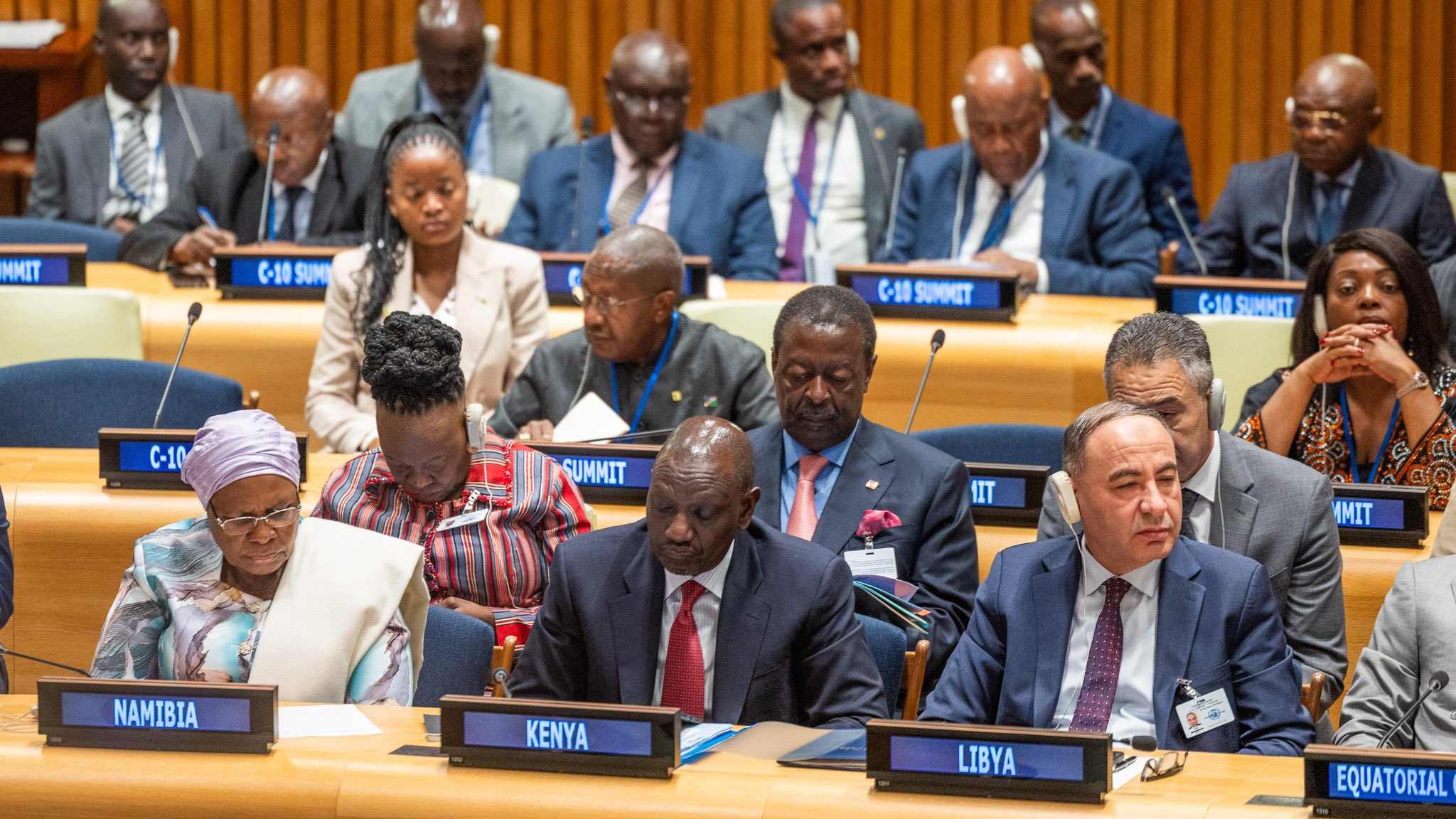
Ruto insisted that Africa's exclusion from the Council's permanent membership was "unacceptable and indefensible," calling it a "historic injustice" that must be corrected.
President William Ruto has joined African leaders in pressing the case for long-overdue reforms at the United Nations Security Council (UNSC).
Speaking in New York ahead of the UN General Assembly, Ruto insisted that Africa's exclusion from the Council's permanent membership was "unacceptable and indefensible," calling it a "historic injustice" that must be corrected.
More To Read
- Kenya’s Phoebe Okowa elected to serve as judge at International Court of Justice
- UN Security Council extends Libya mission, UNSMIL, until October 2026
- ICJ tells Israel to let UN aid flow into Gaza – but UN’s own failures throughout the war loom large
- Reports reveal British weapons used by Sudan’s RSF to commit atrocities
- Kenya backs UN vote calling for end to US embargo on Cuba
- Guterres calls for urgent reform of the Security Council
Ruto made his remarks during the meeting of the African Committee of Ten Heads of State on Security Council Reform, convened by Sierra Leone's President Julius Maada Bio.
"Kenya will fully support this, so African demands are no longer deferred," he wrote on X, signalling Nairobi's intent to anchor Africa's position in the negotiations.
For decades, African governments have argued that their role in peacekeeping and mediation demands more than the three non-permanent seats they currently occupy on the 15-member body.
At present, the Council's power remains concentrated in the five permanent members—America, Britain, France, Russia and China—all of whom wield veto rights dating back to 1945, when most of Africa was still under colonial rule.
The case for reform is not uniquely African. India, Brazil and others in Latin America and the Caribbean also want permanent representation.
The United States has expressed openness to expanding the Council, though consensus on the scope and shape of reform remains elusive.
Still, the symbolism of Africa's push is potent.
With 28 per cent of UN membership, the continent's absence from the Council's inner circle undercuts the legitimacy of a body that routinely dictates the terms of peace and security on African soil.
Top Stories Today








